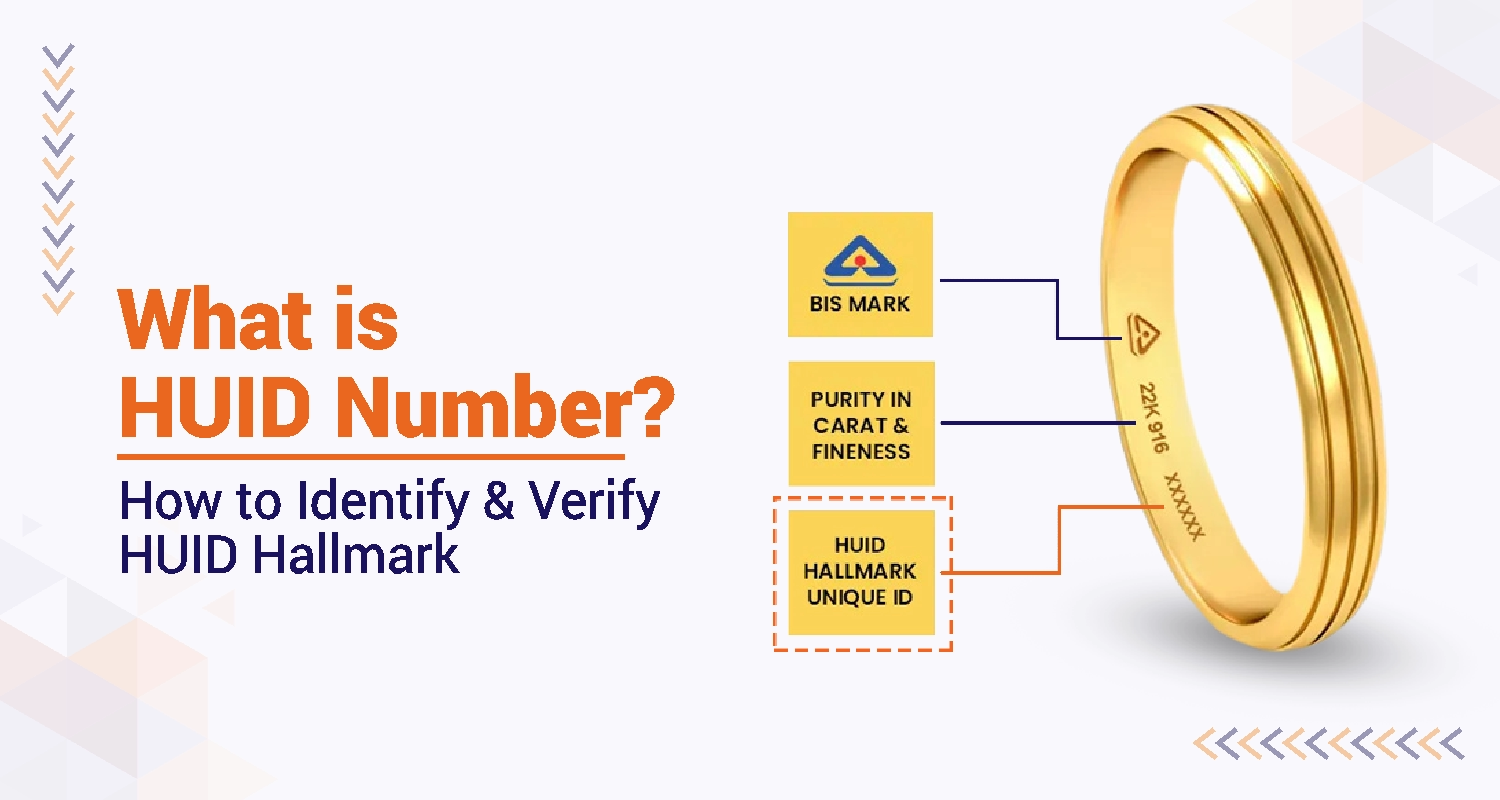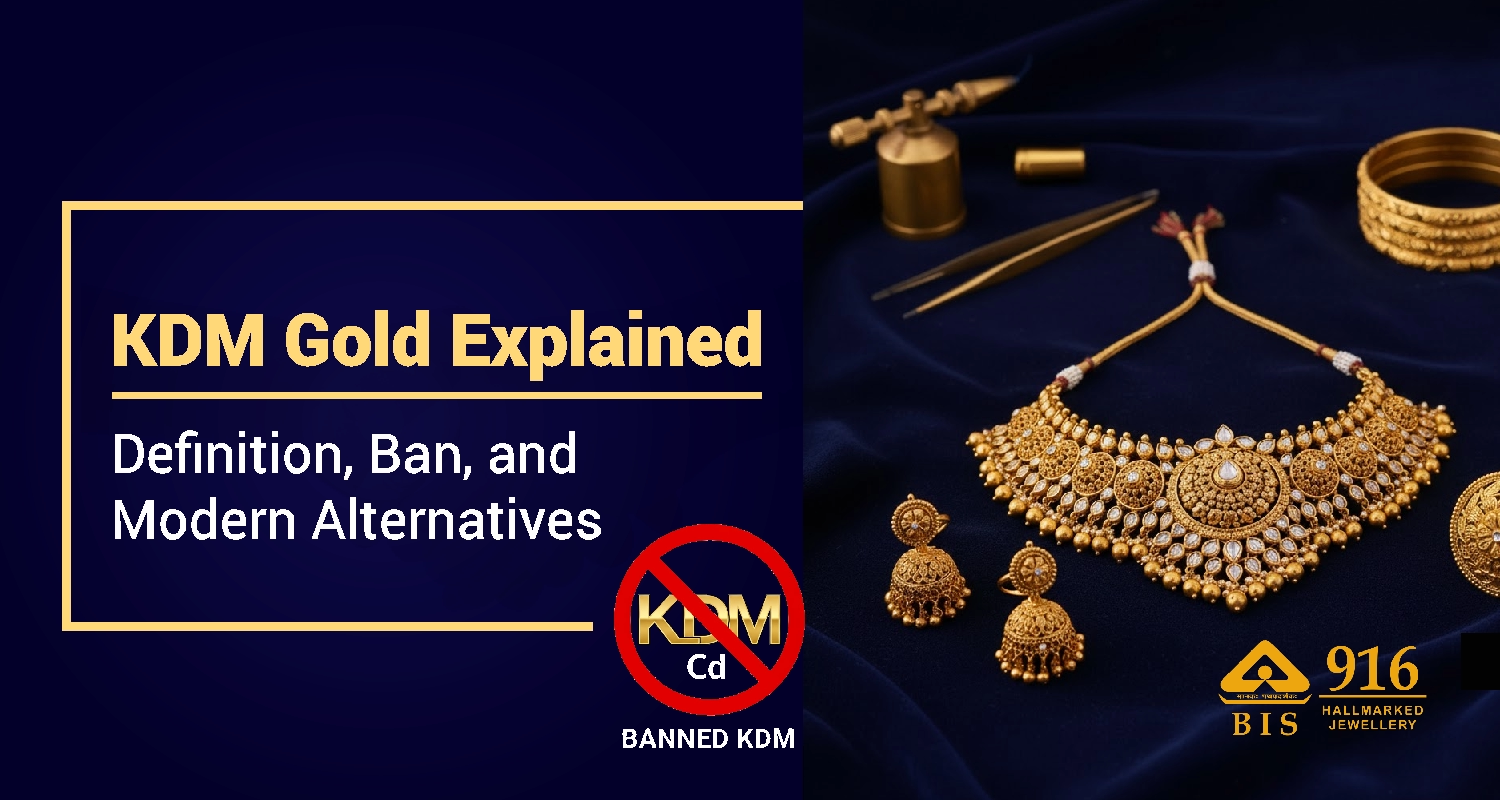Gold Loan Tax Benefits in India 2025: How to Save on Income Tax with Your Gold Loan
Table of Contents
Gold loans are one of the most accessible and quick borrowing options in India. It allows you to raise funds by pledging your gold jewellery. Even though the focus is primarily on the loan amount and interest rates, it is equally important to understand the tax implications. Knowing when gold loans are taxable and what deductions you can claim helps you save money and plan your finances more effectively. This guide breaks down all tax-related aspects of gold loans in simple language.
Tax benefits of gold loans.
What Is a Gold Loan?
A gold loan is a secured loan where you pledge your gold jewellery or coins to a lender in exchange for funds. The lender evaluates the purity and weight of your gold and offers a loan based on a percentage of its market value (LTV). In India, gold loans are commonly used for emergencies, business needs, education, and home-related expenses due to their quick approval and minimal documentation.
It’s important to understand that a gold loan is not considered income. It is borrowed money, not earned money. Therefore, the loan amount does not fall under income tax. However, any financial activity linked to sale of gold or interest payments may have tax implications depending on its use.
Are Gold Loans Taxable?
Is the Loan Amount Taxable Income?
No, the gold loan amount is not treated as taxable income. It is simply a borrowed amount that you must repay, not money earned from any activity. Therefore, you do not need to report the loan amount as income in your tax return.
Interest on Gold Loan and Tax Treatment
Interest paid on a gold loan is generally not tax-free. However, it can qualify for deductions only when the loan is used for specific purposes such as business expenses or purchasing or constructing a house. If the loan is used for personal expenses, the interest is not tax deductible.
When Does Tax Apply? (e.g., Capital Gains)
Tax applies only when you sell gold, not when you take a gold loan. If you sell gold after releasing it from the loan and make a profit, capital gains tax becomes applicable. The tax rate depends on whether the gain is short-term or long-term.
Tax Benefits on Gold Loan
Tax Exemption on Gold Loan Amount
There is no tax on the principal amount you borrow through a gold loan. Since it is not considered income, you are not required to pay tax or declare it as earnings. This makes gold loans tax-efficient for quick liquidity needs.
Interest Deduction for Business Use (Section 37)
If you use your gold loan for business purposes—such as purchasing inventory, managing working capital, or expanding operations—the interest paid can be claimed as a business expense under Section 37. You must maintain proper records to prove the loan was used for business.
Tax Benefits When Used for Home Purchase or Construction (Section 24)
If you use a gold loan to buy or construct a house, the interest paid becomes eligible for deduction under Section 24(b). You can claim up to ₹2 lakh per year for self-occupied property, while there is no upper limit for let-out property. Proper documentation is essential to claim this benefit.
Tax Deduction on Principal Repayment Under Section 80C
You may claim up to ₹1.5 lakh under Section 80C only when the gold loan is used to repay the principal portion of a home loan. The gold loan itself does not qualify; the deduction applies solely if funds are used for home-related principal repayment with proof.
Interest Deduction Under Section 80EE
Section 80EE provides additional tax benefits for first-time homebuyers. If you use your gold loan to pay interest on a home loan, you may claim up to ₹50,000 extra, subject to eligibility conditions such as loan amount limits and property value criteria.
How to Show Gold Loan in Income Tax Returns
Declaring Loan Amount vs Income
Ensure you do not report the gold loan amount as income. It should be shown under liabilities, not earnings. Only if the gold is sold later should any gains be reported under capital gains.
Claiming Interest and Principal Deductions
You can claim deductions only if the gold loan is used for business expenses or home-related purposes. Submit the interest certificate and proof of fund utilisation when filing your return to claim these deductions accurately.
Required Documentation for Tax Filing
You may need to provide proof about how the loan was used. These would include loan sanction letters, interest certificates, business invoices and home loan statements. Keeping these documents ready helps avoid last-minute errors and ensures smooth tax filing.
Common Mistakes to Avoid
It serves in your best interest to avoid declaring the loan amount as income, claiming deductions without proof, or mixing personal and business expenses. Misreporting loan usage may lead to rejection of deductions or penalties.
Eligibility Criteria and Conditions for Tax Benefits
Loan Purpose and Eligibility
Tax benefits depend entirely on how you use the loan amount. Only business activities, home purchase, construction, or home loan repayment qualify. Personal expenses such as travel, weddings, or medical bills do not offer tax deductions.
Joint Gold Loan Tax Benefits
If a gold loan is taken jointly, tax benefits can be claimed by the co-borrower who actually uses the loan amount and pays the interest. Both individuals cannot claim the same deduction unless each contributes and has proof.
Documentation Needed for Tax Claims
Maintain interest certificates, utilisation proofs, property documents, and business transaction records. Clear documentation is essential to claim tax benefits, especially under Sections 24, 37, 80C, and 80EE.
Home Improvement/Repair Work
Be it fixing a leaking tap or changing wiring in the house to accommodate a new television set, some or the other expenses keep recurring in a functional house. Thanks to inflation, even basic repair work can turn out to be expensive. And if the repair work is major such as redoing the window design or a fresh coat of paint, the expense will be much higher.
To meet the cost of such expenses while improving your house, a gold loan can be opted because it comes with tax benefits. Under Section 80C of the Income Tax Act, 1961, gold loans taken to meet the expenses towards home improvement are eligible for tax deduction. Tax benefits amounting to Rs 1.5 lakh can be availed and to get more benefits on tax on gold, consult with IIFL for expert guidance.
Purchase/Construction Of Residential Property
Taking a gold loan to buy or construct a residential property also comes with tax benefits. Under Section 24 of the Income Tax Act, gold loan borrowers can claim deduction of up to Rs 2 lakh in a year if the loan amount is used for purchase or construction of residential property. It must be noted that the deduction can be claimed only if the residential property is self-occupied and the tax benefit is applicable on the interest paid.
Even those borrowers who have a home loan may have to spend extra money to make the house suitable as per their likings. Meeting such additional expenses can be managed through gold loan because of the tax advantage. Taxation is an important element of financial planning. Saving a few bucks on taxes can be deployed as investment.
Business Expense
Those running a business are aware that a mismatch of income and expenses is common and it can be resolved through various methods. In case of higher expenses, a gold loan can be the solution. This is because taking a gold loan specifically to meet expenses related to the business also has tax benefits. The loan amount can be deductible as a business expense under the Income Tax Act. Tax benefits on gold loans can help businesses to bring down overall tax liabilities.
Asset Purchase
Other than meeting emergency cash needs, gold loans can also be used to earn better return on jewellery rather than just keep them safe in lockers. Confused? It is possible to take a gold loan for investing in assets other than property, and such loans come with tax benefits.
For instance, if you take a gold loan to invest in the stock market because you are of the view that returns on such investment will be better, then you can opt for a gold loan. However, borrowers must note that this tax benefit is applicable in a financial year when the asset will be sold. If you took a gold loan to buy shares in 2023, and sold these shares in 2025, then tax benefits can be claimed while filing returns for assessment year 2025-26. While filing taxes, interest paid on the loan needs to be shown as the cost of acquiring the asset. This will help in lowering payment taxes on capital gains.
How to Claim Tax Benefits on a Gold Loan in India
While gold loans don’t offer direct tax deductions, you can claim tax benefits if the loan is used for specific purposes like business or housing. Here’s what you need to do:
1. Determine the Purpose of the Loan
Tax benefits apply only if the gold loan is used for business or property-related expenses—not for personal use like weddings or vacations.
2. Use it for Business or Property
- If used for business, the interest paid can be claimed as a deductible expense.
- If used to buy or renovate a house, you can claim up to ₹2 lakh per year under Section 24(b).
3. Keep Proper Documentation and Proof of Usage
Maintain bills, bank transfers, or receipts to prove how the loan amount was spent.
4. Get an Interest Certificate from IIFL Finance
Ask IIFL Finance for an interest certificate for the financial year—it’s crucial for your ITR.
5. Claim the Deduction in Your ITR
While filing your return, declare the interest paid under the right section (business expense or Section 24(b)).
6. Seek Expert Help if Needed
If unsure, consult a tax advisor to guide you—especially when choosing between the new vs old tax regime.
Documents Required to Claim Gold Loan Tax Exemption
- Loan Agreement
– A copy of the loan agreement from IIFL Finance showing terms, purpose, and loan amount.
- Interest Certificate
– Issued by IIFL Finance, showing the total interest paid during the financial year.
- Proof of Loan Utilization
– Bills, invoices, bank transfer records, or payment receipts showing the loan was used for business or property-related expenses.
- Property Documents (if used for home purchase/renovation)
– Sale deed, home renovation bills, or builder agreements if claiming under Section 24(b).
- Business Expense Records (if used for business purposes)
– Purchase invoices, business transaction proofs, or accounting entries reflecting use of funds.
Conclusion
Apart from tax benefits, opting gold loans has several other advantages over unsecured debts like personal loans and credit cards. Firstly, availing a gold loan is hassle-free and quicker because of the collateral and prospective borrowers don’t have to furnish other documents such as income statements.
Unlike personal loans, where assessing the creditworthiness of the borrowers could take time, gold loans can be easily availed by those who have gold in the form of jewellery and also have KYC-compliant bank accounts. The second advantage is the lower interest rate. Gold loan interest rate starts from as low as 7.35%, whereas personal interest rate starts from upwards of 10.00% in most cases.
However, to avail the tax benefits, you should take a gold loan only from authorised lenders instead of local moneylenders or pawn shops. Taking a loan from a reputed lender such as IIFL Finance not only makes the entire process from application to approval and finally to gold loan repayment hassle-free, but also ensures that your jewellery is kept absolutely safe. IIFL Finance uses a fully digital process to sanction gold loans that quickens and simplifies the whole process. The company also takes several steps to ensure the safety of your family gold kept with them.
Frequently Asked Questions
Ans. No, TDS (Tax deducted at Source) is not applicable on gold loans, because the interest that you pay on the gold loan is not considered as an income for the lending institution.
Ans. There is no direct tax saving on the gold loan itself. However there can be provisions of availing tax deductions depending on how you use the loan amount. For instance, if you use it for business purpose or agricultural purpose, the interest paid might be tax deductible.
Ans. There’s no need for you to show the gold loan in your income tax return. But in case you are claiming a deduction on the interest amount paid, then you will certainly have to provide documents needed for verification purpose.
Ans. The interest rates for a gold loan from IIFL Finance typically range between 11.88% to 27% per annum, depending on the loan amount, tenure, and the company’s policy. You may also need to pay loan processing fees and
In addition to interest, you may also need to pay:
- Loan Processing Charges: As per Scheme Construct - up to 2% of loan amount
- Documentation Charges: Up to ₹4,500 + GST
It’s best to check with IIFL Finance for the exact rate and applicable charges based on your loan scheme.
No, a gold loan cannot be shown as income because it is borrowed money. You only declare income you earn, not amounts you repay. Therefore, gold loans are reflected as liabilities, not taxable income.
Yes, but only for specific purposes. Interest is tax deductible if the gold loan is used for business expenses or for purchasing or constructing a house. Personal-use loans do not qualify for tax benefits.
Limits depend on usage up to ₹2 lakh per year under Section 24 for home interest, ₹1.5 lakh under Section 80C for home loan principal repayment, and ₹50,000 under Section 80EE for eligible first-time homebuyers.
Use the loan for tax-eligible purposes like business or home purchase, maintain proper documentation, and claim all available sections—24, 37, 80C, and 80EE. Keeping financial records clear ensures maximum allowable deductions.
Disclaimer : The information in this blog is for general purposes only and may change without notice. It does not constitute legal, tax, or financial advice. Readers should seek professional guidance and make decisions at their own discretion. IIFL Finance is not liable for any reliance on this content. Read more




